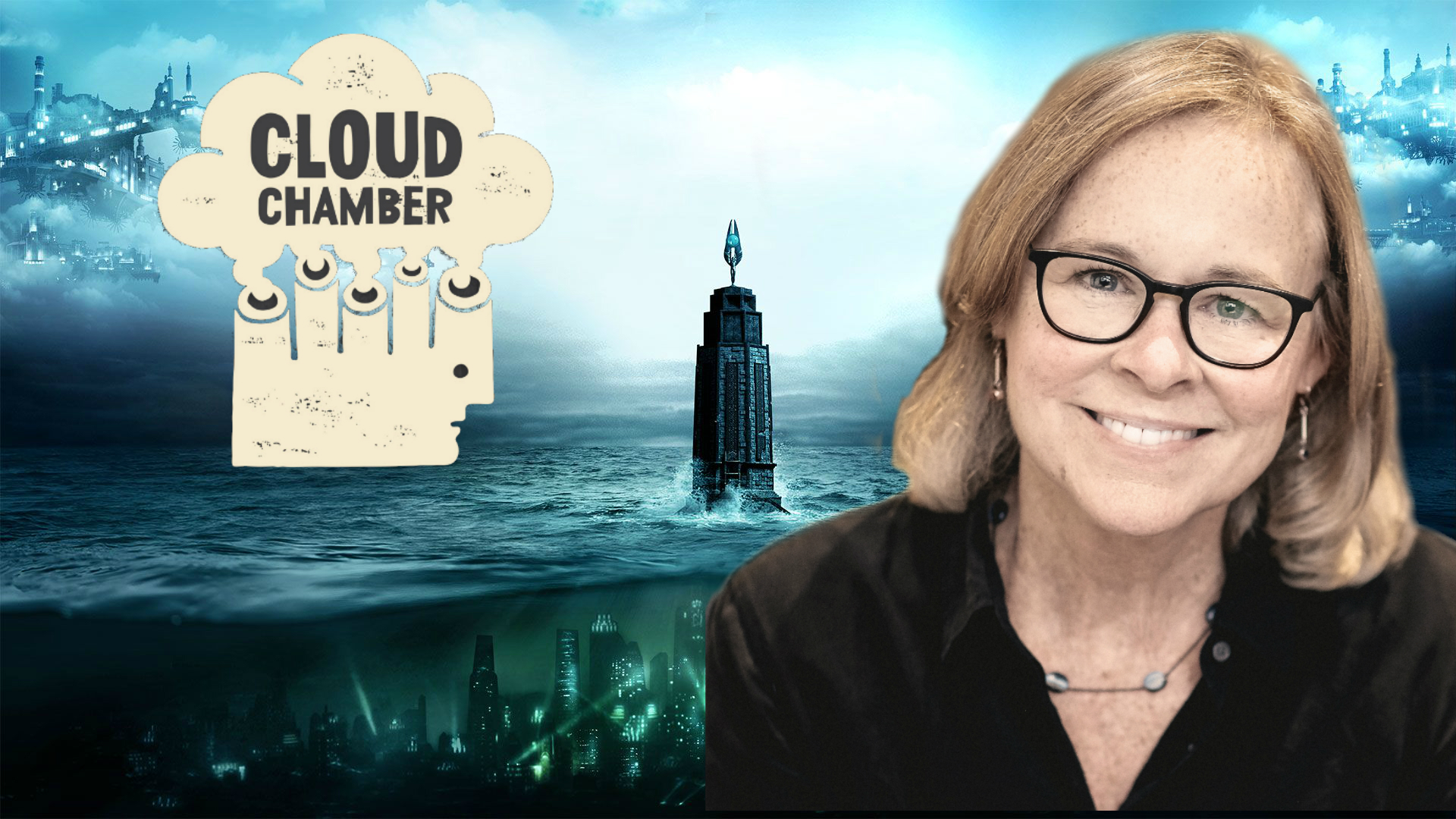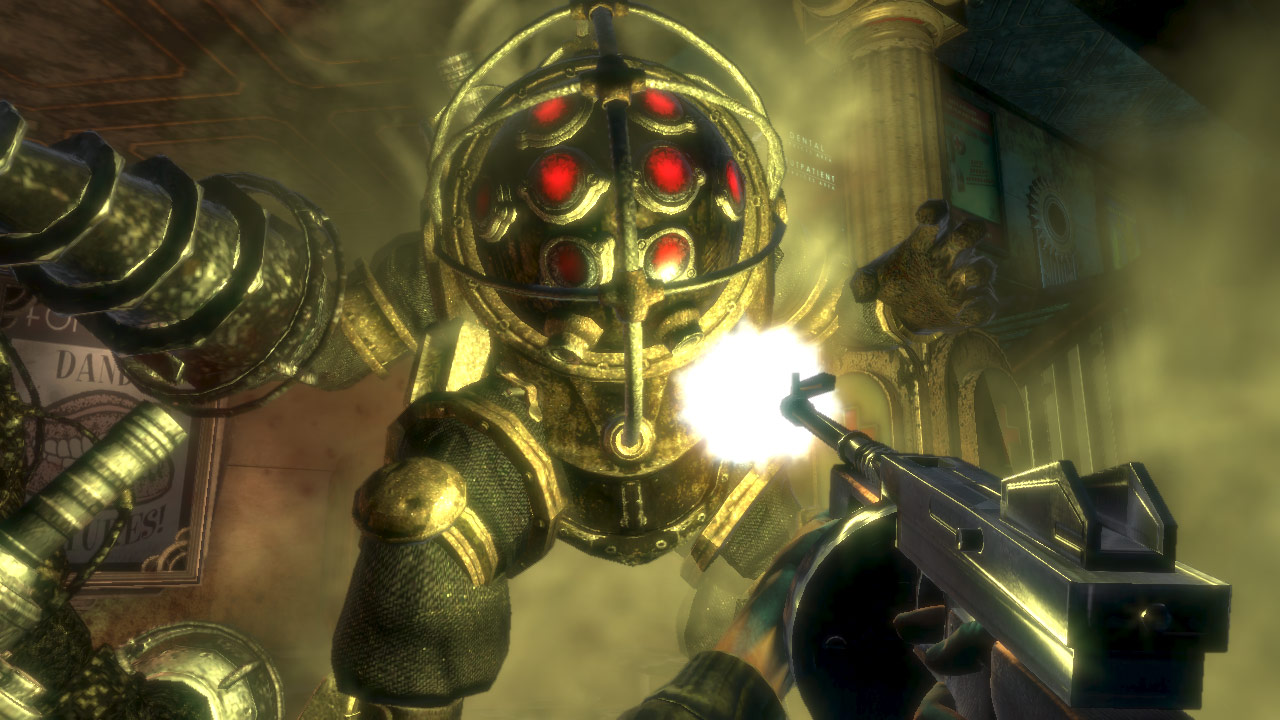What subjects the new BioShock game should tackle next, according to philosophy professors
Philosophy professors on the issues, belief systems, and politics they'd like BioShock to tackle next
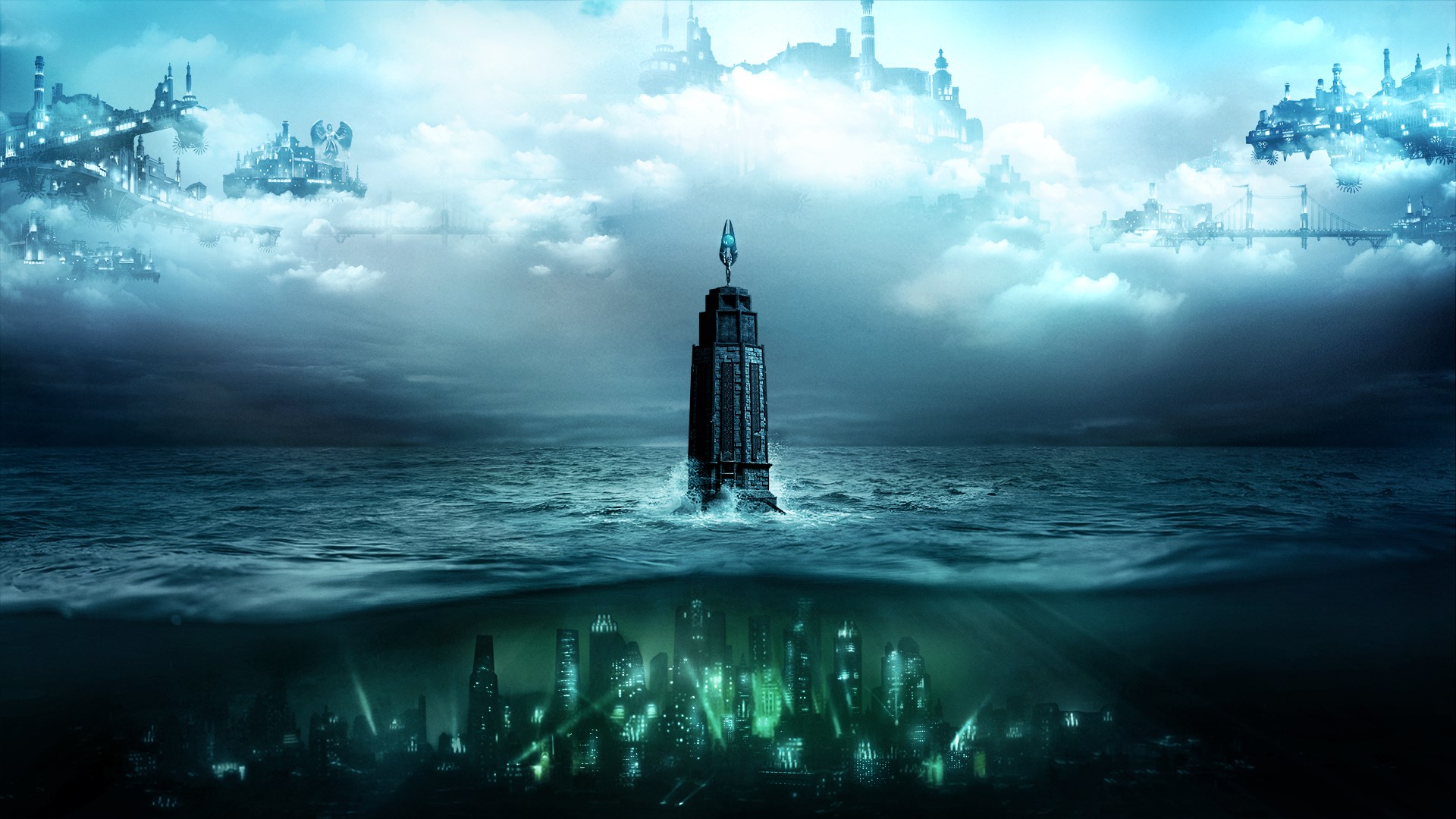
BioShock is a series, as the Lutece twins might say, of constants and variables. If the franchise's fascination with exploring big ideas through the medium of interactive storytelling is its constant, for example, then the ideas themselves are the variable, ranging from the writings of Ayn Rand to Solipsism and the death of the American Dream, to name but a few.
With the news that 2K has officially greenlit the development of a fourth BioShock installment under nascent studio Cloud Chamber, the question of what ideological subject matter its creators will turn to next is understandably the source of much speculation amongst fans. While it's fun to spitball personal favourites (Dataism in 1980's Silicon Valley, please and thank you), who better to ask than some of the brightest minds in the contemporary philosophical field? Their answers, listed below, are as intriguing and insightful as you might expect.
Relativism - Christopher Bartel, Appalachian State University
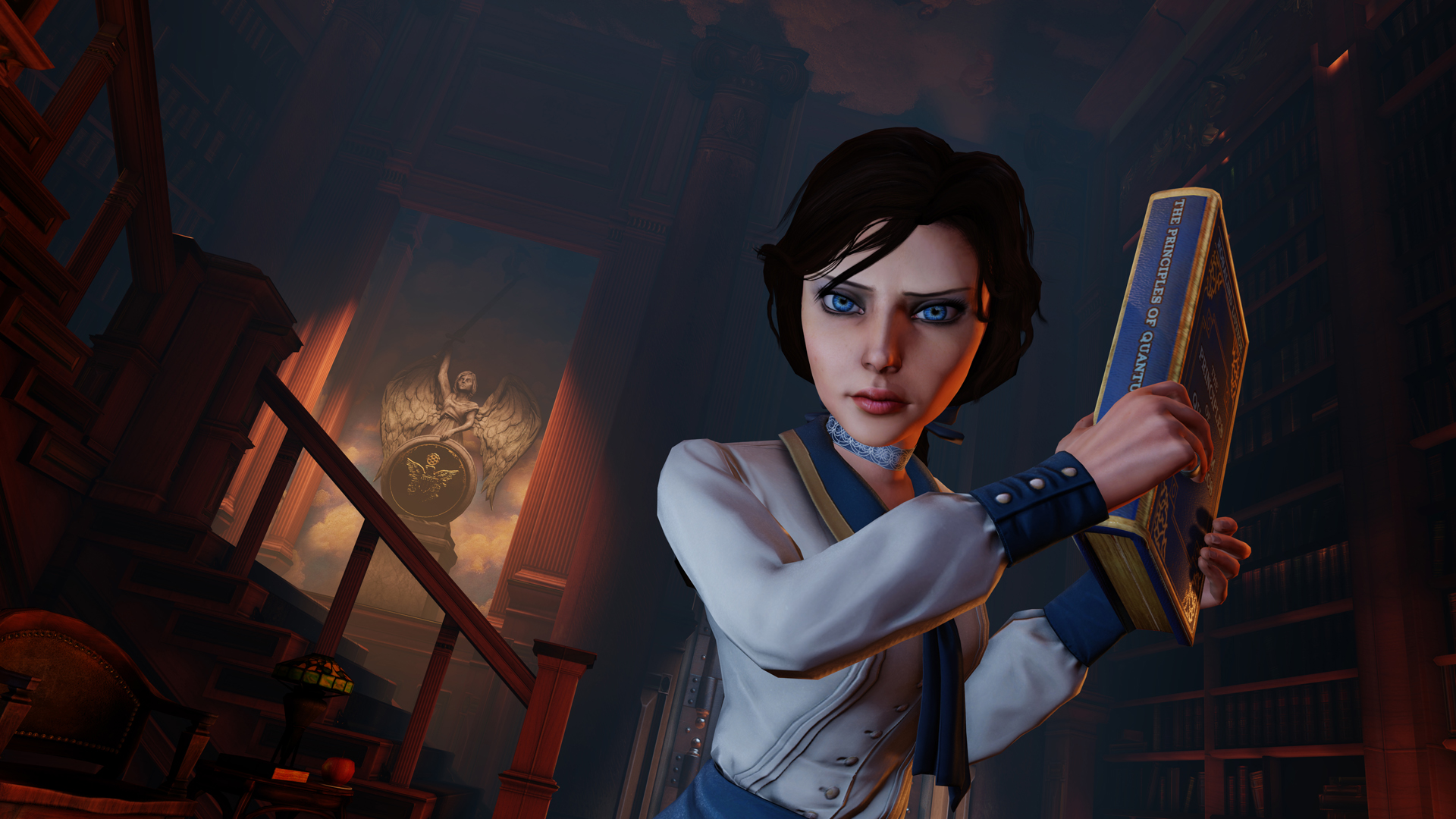
At the top of my list would be the idea of truth. As we live in an age where truth and belief are difficult to tell apart, I think BioShock could do some interesting stuff with it. Many people find it compelling to believe in a relativistic view of truth where something is "true for me" just because I strongly believe in it. So, I would love to see a game that addresses what a relativistic world would look like.
Maybe it would be a game where the basic physics of the environment are dependent on what you believe about that world, where just changing your belief system (maybe through changing your association with different NPCs) actually changes the truth of how the world works. When the player sides with one group of NPCs in the game, then the physics of the world changes, which leads to some advantages and some disadvantages. In this kind of world, a person might just change their beliefs for the sake of convenience as easily as changing our clothes.
Utilitarianism - Nathan Wildman, Tilburg University
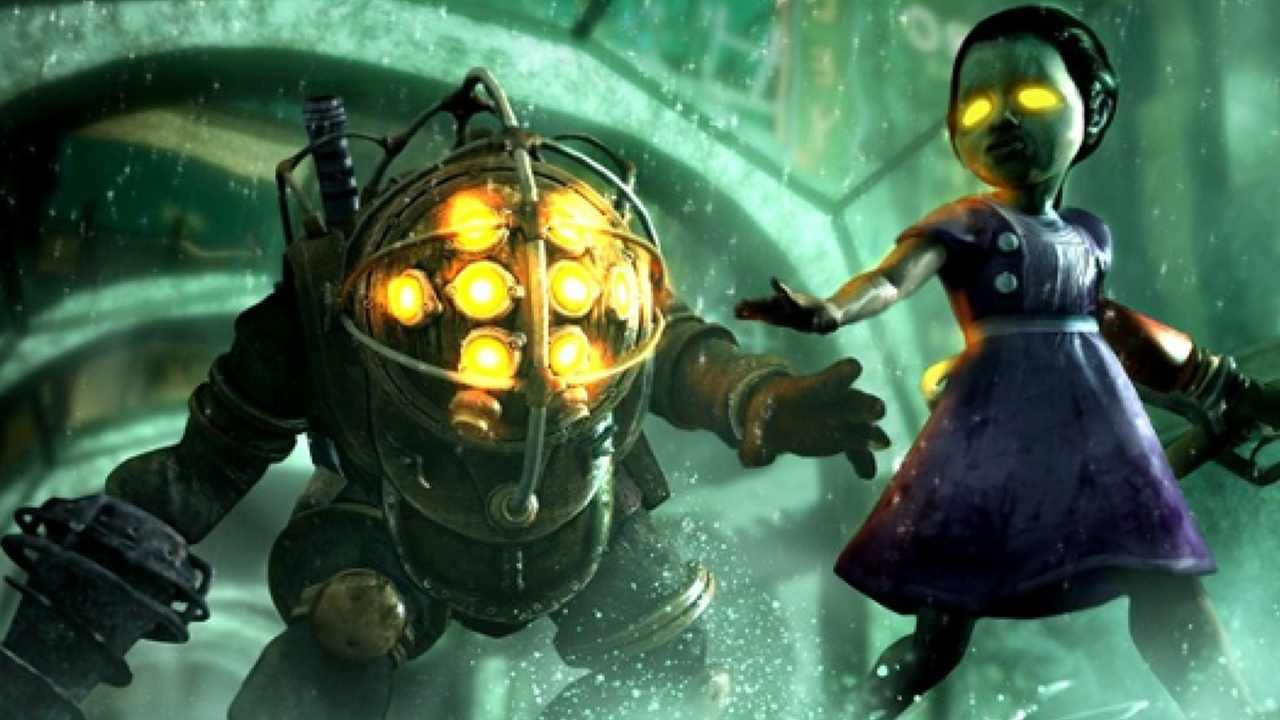
Roughly, utilitarianism is the view that we ought to bring about the 'greatest good for the greatest number', where 'good' is characterized in terms of maximizing pleasure and minimizing pain. Pushed to its limits, utilitarianism leads to the idea that all society/individual actions should be driven by a kind of utility calculus: roughly, just plug in the relevant potential pleasure/pain values for the relevant individuals, then do whatever results in the biggest number of 'pleasure points' (and the smallest number of 'pain points') regardless of the other consequences. This often conflicts with deeply held intuitions about the value and rights of individuals.
I'd love to see this rights-utility tension played out in the game, and suspect that Cloud Chamber would do a great job with it. As for setting, one fitting option would be one based on Industrial Revolution Britain. You could have a utility-focused AI running on Babbage's Difference Engine, installed in a version of Bentham's panopticon, controlling society and dictating how people should behave, poor children working 18 hours days in smoke-filled factories, old money conflicting with the nouveau riche... The options are endless!
Virtue ethics - Shelby Moser, University of Kent
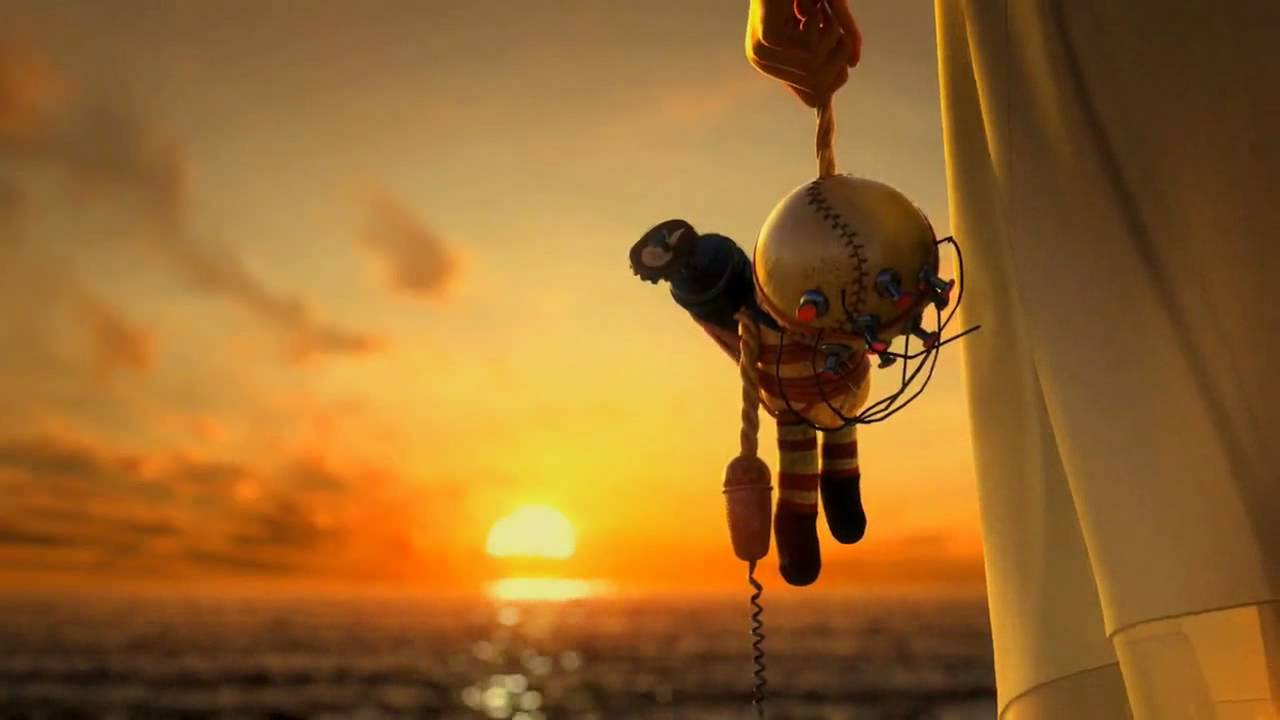
Philosopher Robert Nozick once claimed that if you were given the option to plug yourself into a "machine that would give you any experience you desired", you would ultimately reject the offer, still preferring the unpredictable experiences of real-life instead of guaranteed pleasurable sensations simulated by a machine, suggesting our well-being and desire for meaning are comprised of more than just pleasure.
Sign up to the GamesRadar+ Newsletter
Weekly digests, tales from the communities you love, and more
Many different worlds could explore the concepts brought forward by that thought experiment, but it would make the most sense to incorporate both 'real' and 'virtual' NPCs belonging to the game world who become friends (and enemies) of the protagonist. This sets interesting moral dilemmas, including opportunities where the player, after cultivating various relationships, must decide if they should save a bio-organic friend over a robot friend, or whether they prefer the 'real world' versus simulated environments in the game world.
Perhaps players have an opportunity for the character to create virtual realms and NPCs in-game, thus making them reflect on the ethics behind virtual creations. Such questions would be interesting for a video game such as BioShock to explore because they allow the player, knowingly or unknowingly, to 'do' philosophy as they play.
Artificial intelligence - Jere Surber, University of Denver
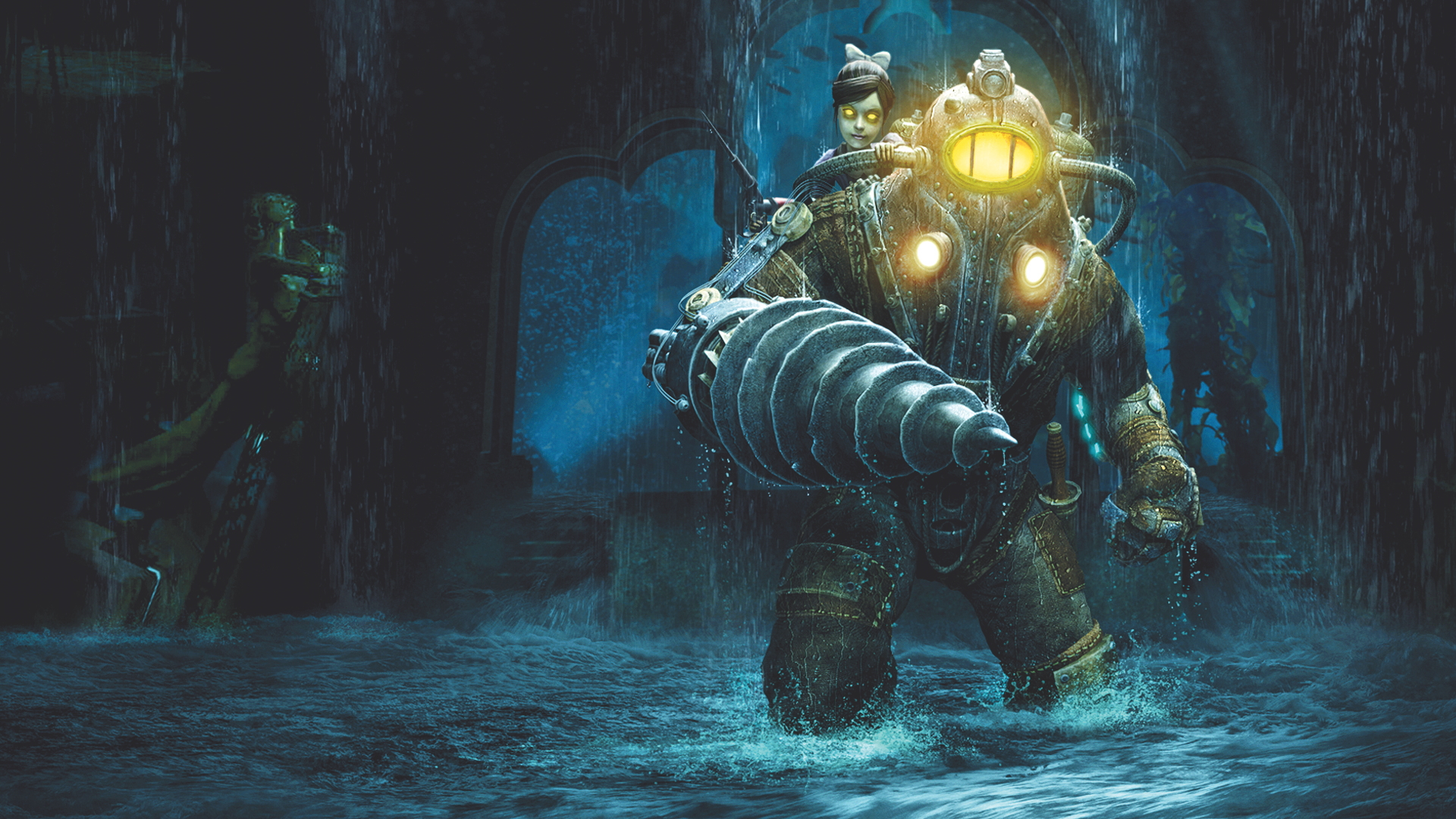
So far, BioShock has explored ethical, economical, political, and finally metaphysical themes, so it seems like the next logical step would be some combination of multidimensionality and artificial/super intelligence; Are we living in a digital simulation? How would we know? And what difference would this make?
As far as setting, it could maybe involve time travel or parallel histories via the form of multi-settings where events in one dimension may somehow influence events in another or not. I teach a course called 'Extreme Philosophy", and have a module on this exact topic that is always popular, so it seems like a good case study for a video game.
Communism - Joshua Horn, University of Wisconsin
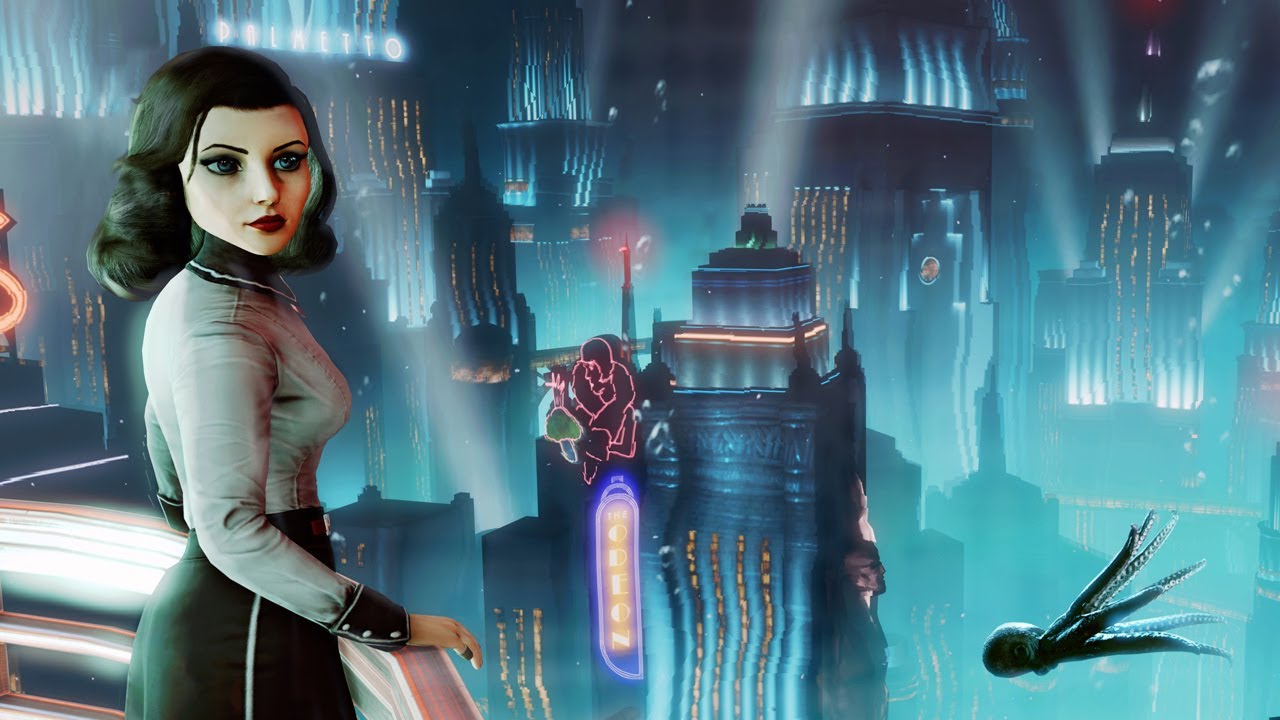
"I would swing the other way and try to problematize different leftist utopian themes."
In the first game, they brilliantly explored themes in objectivism and the worship of human excellence (understood in one way) under the sea. In BioShock Infinite, they explored jingoism and the worship of American founding fathers as deities in the sky. Both of these are far right political utopian ideologies (of different kinds, to be sure), but those themes are in some sense intuitively absurd and scary.
If I were the developer, I would swing the other way and try to problematize different leftist utopian themes. How would people in this new city act if they shared everything in common and possessed no private property? How would people behave if they weren't worshipping… anything? In other words, where do we find values if not in humans or the divine?
Eugenics - James McBain, Pittsburg State University
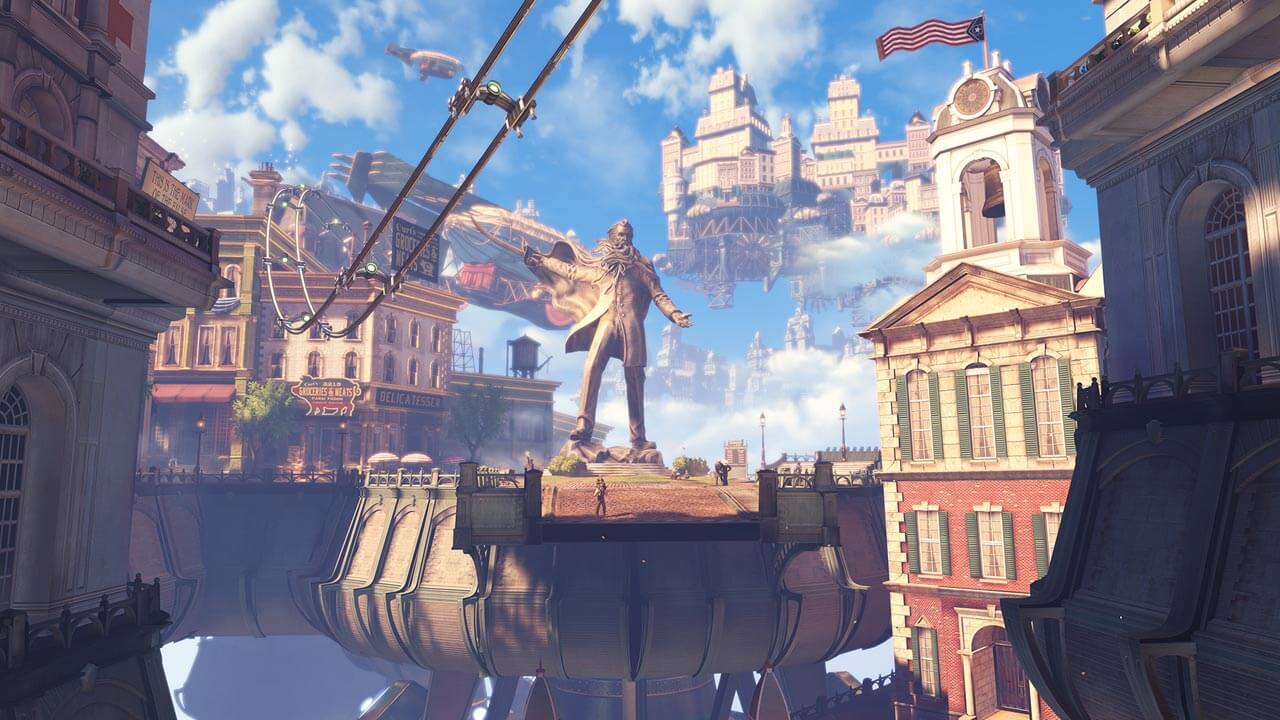
I take the core of the BioShock series to revolve around the issue of freewill, personal choice and its connection to social responsibility in a political-ideological setting. Each game has been eerily apt to describe a past social dynamic at just the moment that the current US has faced such thinking from often powerful voices in the country. I thus think it would be perfect for the next BioShock story to explore the ethics and social problems of eugenics.
While many games attempt to address eugenics, it often lacks sufficient reflection on what it wants to say. But BioShock could take previous attempts to justify the American eugenics movement of the late 19th/early 20th century, and juxtapose it with the future use of biotechnology.
This would allow the player to move through social movements of history (e.g., social Darwinism of the "gilded age" in the US) while asking the player to think about one's future decisions and what we owe our children and future generations in terms of health, wellbeing, biological prosperity, and the past dangerous reasoning of one's community members being a biological "burden" on others. This would preserve the retro-futuristic character that has always defined the series, but also address a current pressing issue.
Ecofascism - Rick Elmore, Appalachian State University
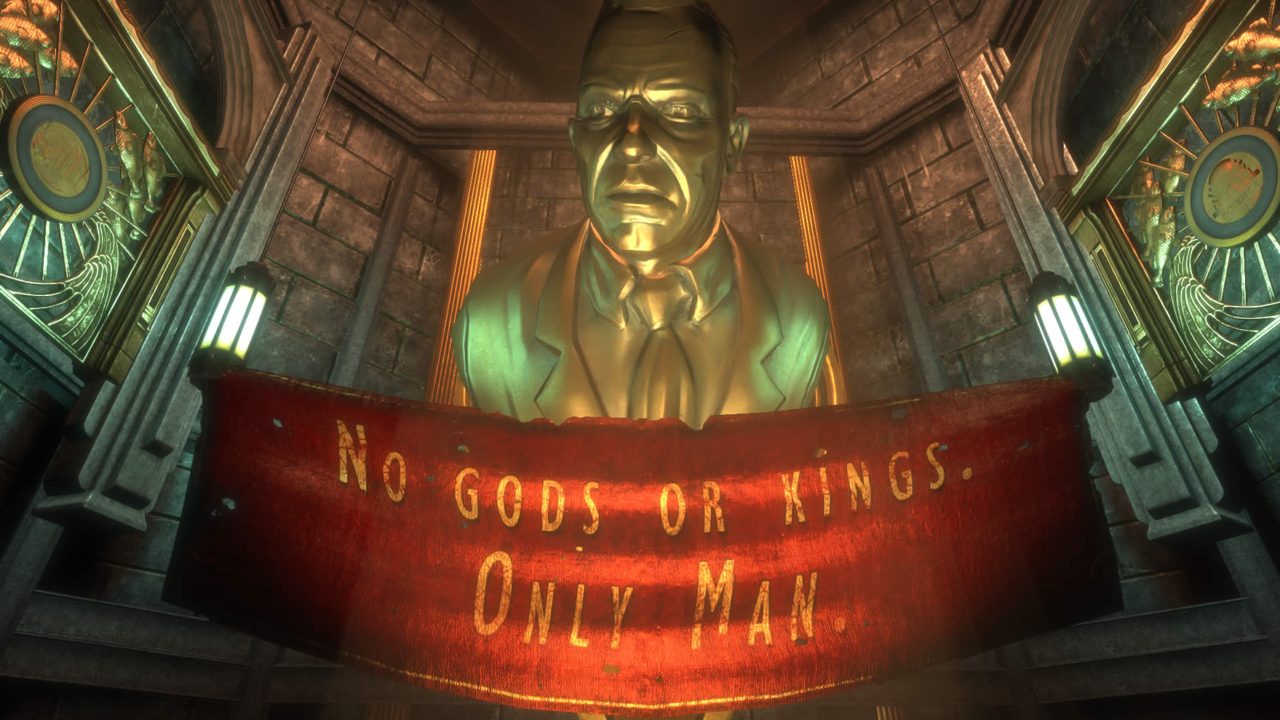
I think that the next logical step is to take place under the backdrop of a failed attempt to deal with the climate catastrophe and the rise of an ecofascist society. Whether this is framed as a failed experiment, or one that has been successful but has a dark underside, I think that this theme would let the game explore not only the political ideology of fascism but also political ecology. It would allow for the continued exploration of the link between questions of freedom, economics, nationalism, racism, etc., which all the games explore, but would also add questions of speciesism, globalization, transhumanism, posthumanism, and the limits reality puts on the possibilities of human society.
As in all the games, I think the question of resistance would also be important. How did we get here? What could have been done differently? What chance is there to avoid this outcome? The BioShock games have always been great on these points, and I think this framing would allow for all of that to continue. Since the theme I'm suggesting is a bit more global than previous installments, there is a lot of potential to have the setting change as one plays through the game. I think that some of the most interesting political philosophy being done at present asks how we humans are going to have to change in order to remain a viable species on this planet, and it would be great to see the BioShock series tapping into this work.
Democracy – Stefan Schevelier, Radboud University
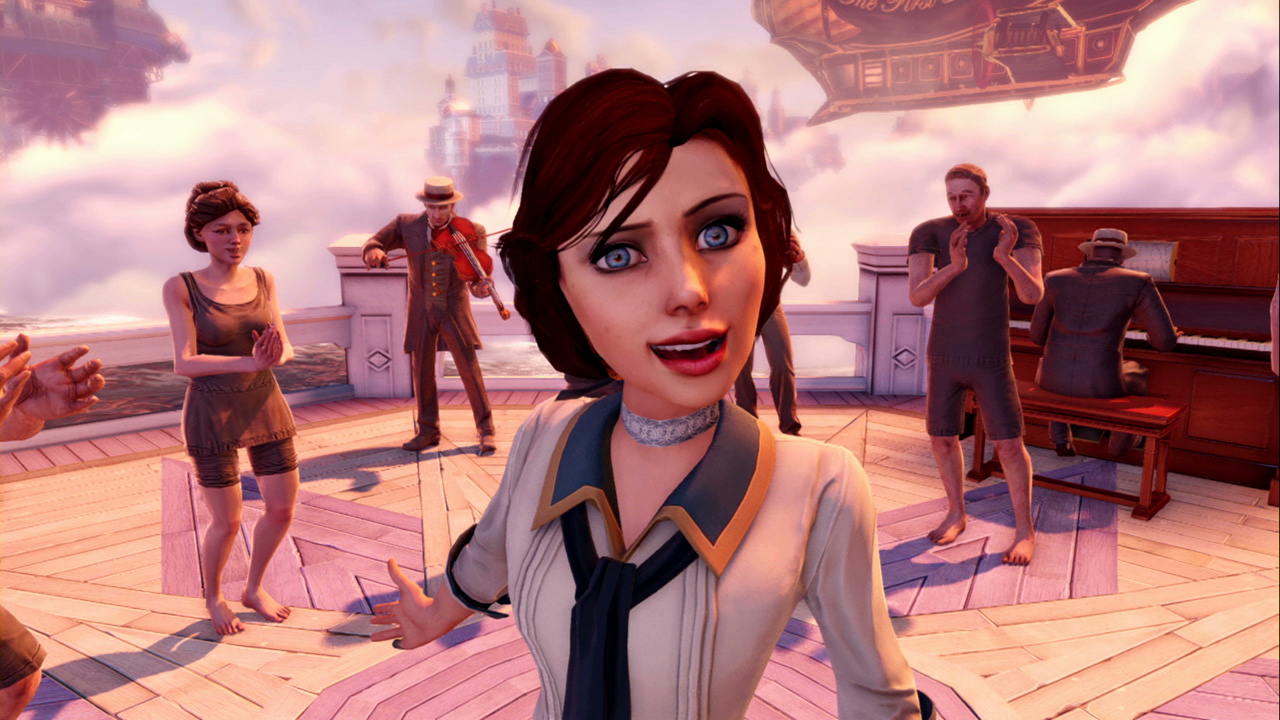
Obviously there is more than one way Cloud Chamber could go, but as a political philosopher I'd like to see the new BioShock take on our ideas about democracy. That concept is so fundamental to the self-understanding of Americans that it is the perfect 'ideology' to examine in the next game.
I imagine a game that magnifies our hopes and dreams about democracy and ask the player 'How can a people rule, if so many people are happy to be ruled by others?', 'How does my individual freedom relate to that of other people (players)?', 'How does my agency relate to that of the group?', or Rousseau's famous problem, 'Is democracy even meant for fallible beings like us?'. The first setting that comes to mind is ancient Athens, or a town hall meeting in the New England colonies, but I'm sure the developers can come up with something more interesting. In any case, the game should be about a man, who uses a lighthouse, to get to a city where every form of individual choice is supplanted by democratic decision-making.
Utopianism – Christopher Yorke, Open University
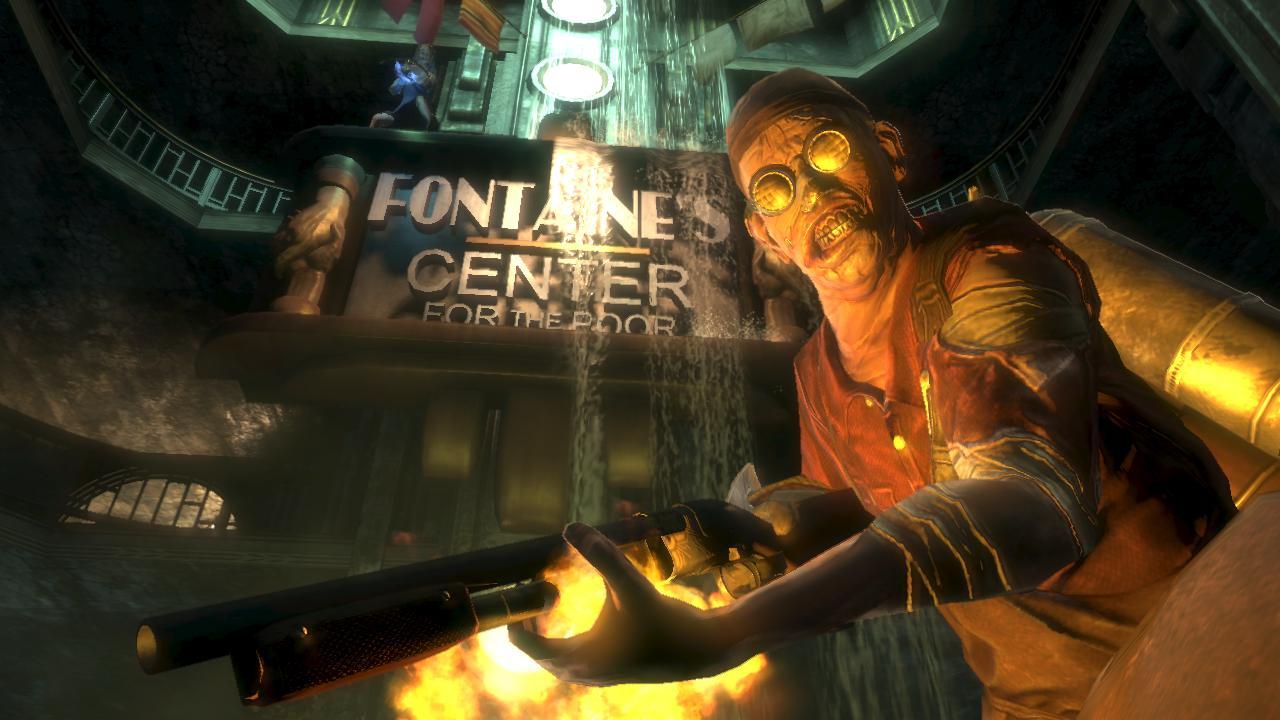
Imagine if the setting of BioShock's new installment was a functioning utopia, rather than some twisted nightmare world. Further: imagine that the protagonist's main goal were to minimize their own impact on that environment, in order to conserve as much of the utopia as possible. That would open up a ton of novel game design space, and would count as a story not read before.
Or, stranger yet, imagine an anti-dystopia wherein diabolical and tyrannical fiends are plotting their worst against the honest citizenry of their society in the hollow center of the Earth, but the results of all of their actions inadvertently make life better for everyone they intend to torment (a possible variant on The Good Place). Now picture that the protagonist's duty was to protect these inept fiends at all costs against their own self-destructive practices, for the overall good of the greater society, who rely on the unintentionally nourishing fruits of their ill-intended labors. This would be a genre-busting development worth looking forward to, rather than yet another run-and-gun in an abandoned amusement park.
For more, check out the biggest new games of 2020 and beyond still on the way, or watch below for our latest episode of Dialogue Options.
I'm GamesRadar's Features Writer, which makes me responsible for gracing the internet with as many of my words as possible, including reviews, previews, interviews, and more. Lucky internet!
